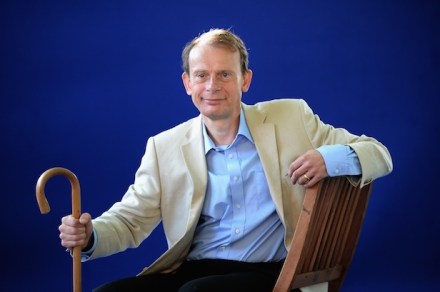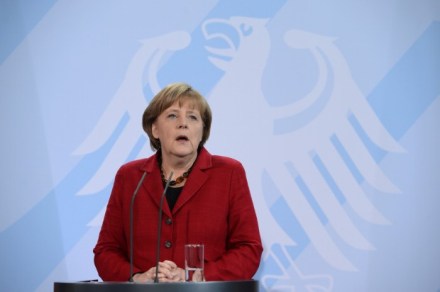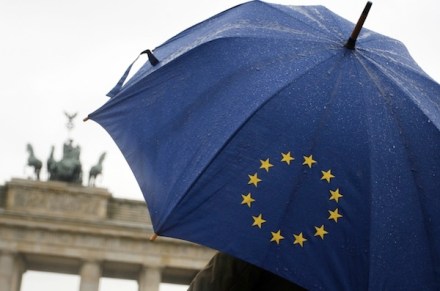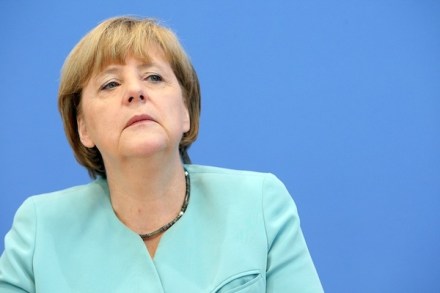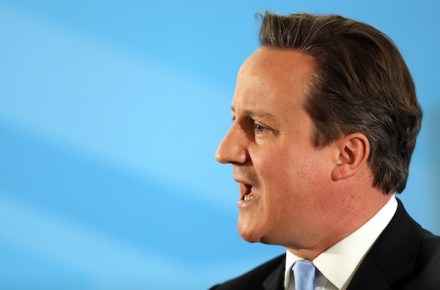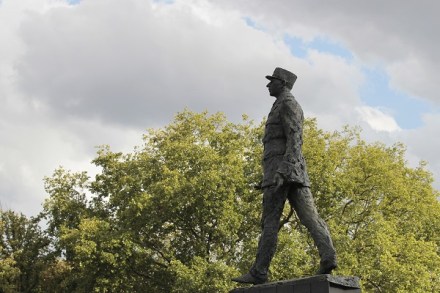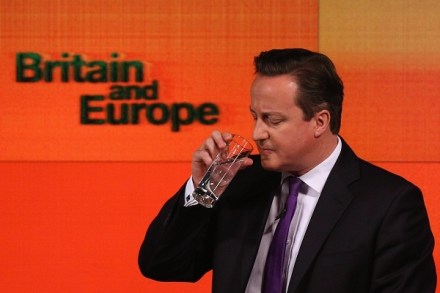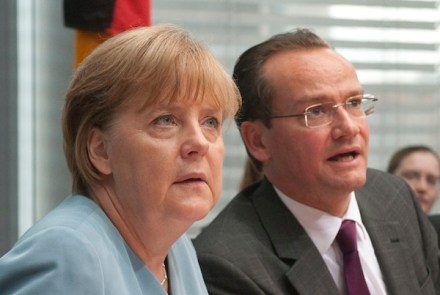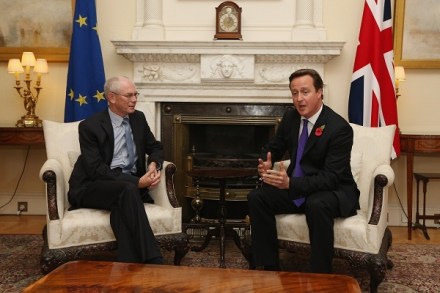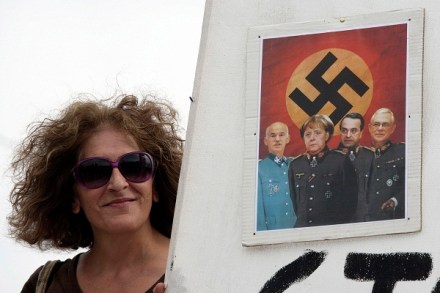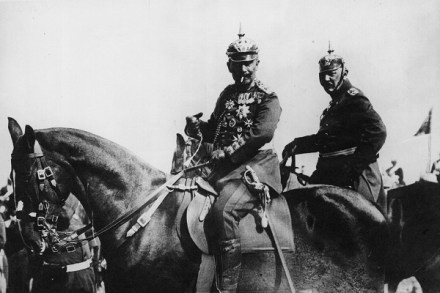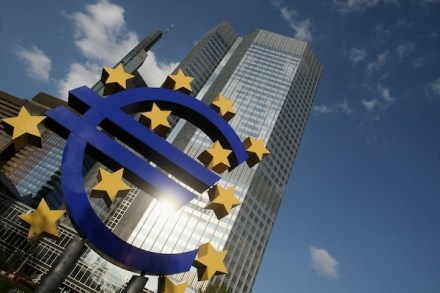Andrew Marr’s diary: Holidays after a stroke, and what the Germans really think of us
It’s been a strange summer. After a stroke, holidays are not what they used to be. We went to Juan-les-Pins for a week in a hotel. It seemed perfect because it had beaches for the family, and at nearby Antibes there is a great little Picasso museum for me to haunt. It has the best drawing of a goat ever made. My daughters and wife doggedly manhandled me across hot sand into and out of the water and I enjoyed that. But being surrounded by so many fit people running, cycling and swimming was a little dispiriting. Mind you, I’ve always been useless at holidays. I hate being too hot.
